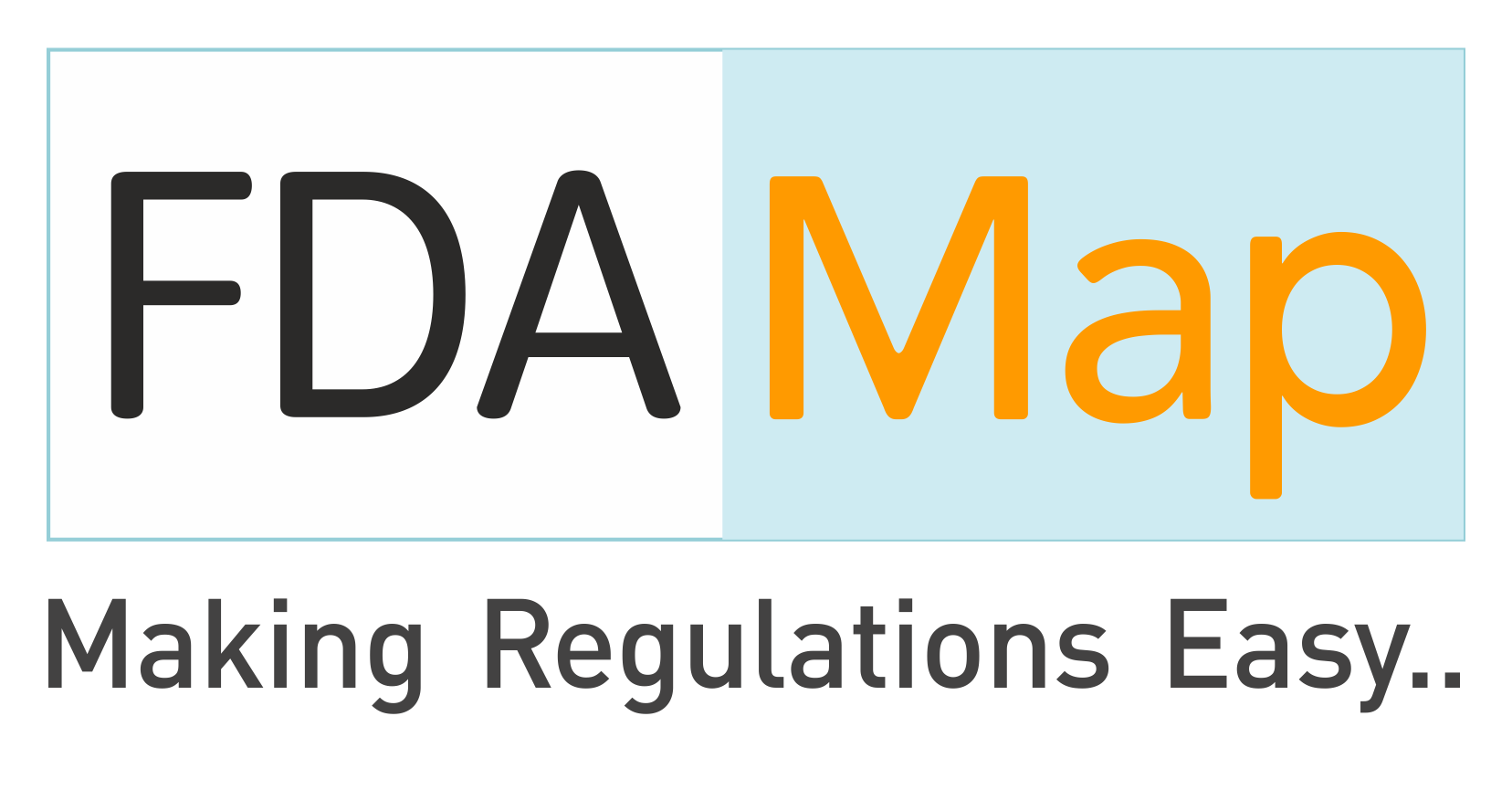Patient engagement is a cornerstone of successful clinical trials. When participants are actively involved, retention rates are higher, data quality improves, and overall study outcomes are more reliable. Below, we discuss proven strategies to enhance patient engagement and how FDA Map Clinical can support these efforts.

Why Patient Engagement Matters
Impact on Retention
High dropout rates can delay trial completion and inflate costs. Engaged participants are more likely to remain in the study, leading to more robust data and quicker time-to-market for new therapies.
Data Quality and Reliability
When participants understand the importance of their role, they’re more meticulous in reporting symptoms and following study protocols. This results in higher-quality data, which in turn translates to more accurate findings.
Ethical Considerations
Clinical trials have a responsibility to protect and respect patient rights. Active engagement fosters a deeper partnership built on trust, ensuring ethical obligations are met and even exceeded.
Strategies for Boosting Patient Engagement
-
Clear Communication
Use plain language and personalized discussions to explain trial procedures, potential risks, and benefits. Reducing medical jargon helps participants make informed decisions and feel more connected to the process. -
Leverage Technology
Digital tools—like mobile apps, wearables, and online portals—can streamline data collection and keep participants updated on their progress. FDA Map Clinical can help select and integrate these technologies, ensuring a user-friendly experience for participants. -
Culturally Appropriate Materials
Tailor recruitment materials, consent forms, and instructions to meet the cultural and linguistic needs of your target population. Engaging underrepresented communities fosters greater trust and inclusivity. -
Ongoing Support and Follow-up
Provide continuous support via phone calls, emails, or telemedicine consultations. Regular touchpoints not only address concerns in real time but also help participants feel valued and recognized for their contributions.
Overcoming Common Barriers
-
Lack of Awareness
Many potential participants are unaware of clinical trials or how to enroll. Awareness campaigns and community outreach initiatives can bridge this gap. Partnering with FDA Map Clinical can facilitate broader recruitment channels and targeted outreach. -
Time and Logistical Constraints
For many, frequent site visits are challenging. Offering flexible appointment times, home-based visits, or remote data collection options can significantly reduce the burden on participants. -
Privacy Concerns
Data security is paramount. Ensure that technologies used for data collection comply with relevant privacy regulations. Work with experienced service providers like FDA Map Clinical to implement secure, compliant data-handling processes.
The Role of FDA Map Clinical Services in Enhancing Patient Engagement
From designing patient-centric trial protocols to integrating cutting-edge technology solutions, FDA Map Clinical specializes in strategies that place participants at the heart of the clinical research process. Their expertise extends to:
-
Tailored patient recruitment and retention strategies
-
Development of clear, culturally sensitive trial materials
-
Implementation of remote monitoring and communication tools
-
Comprehensive training for clinical staff on best engagement practices
Conclusion
Improving patient engagement is not just an operational priority—it’s an ethical and strategic imperative. By focusing on clear communication, leveraging user-friendly technology, and respecting individual patient needs, sponsors can dramatically enhance trial outcomes. For those seeking expert guidance and customizable solutions, FDA Map Clinical stands ready to help elevate patient engagement and drive successful clinical research.
